Unlocking Power of Kotlin Programming: Complete Guide for Developer
-
06/05/2023
-
745
-
0
Kotlin Programming is a powerful and elegant programming language that has gained popularity in recent years, and learning how to use it can help you become a more efficient and effective developer.
Related posts
How to increase app store reviews and ratings free for app developers
Buy Google reviews and ratings for Google Map of Business
1. Introduction to Kotlin Programming
Kotlin is a modern, statically-typed programming language designed for the Java Virtual Machine (JVM) and JavaScript. It was developed by JetBrains, the company behind the popular Java IDE IntelliJ IDEA. Kotlin is an open-source language that combines object-oriented; and functional programming features, making it easy to learn and use.
Kotlin is interoperable with Java, meaning that Kotlin code can be used alongside Java code in the same project. This makes it an excellent choice for Android app development; as it allows developers to write cleaner and more concise code compared to Java.
Kotlin is designed to be concise and expressive, with features such as type inference and extension functions allowing developers to write code that is both efficient and elegant. Additionally, Kotlin has built-in null safety; which helps prevent null pointer exceptions, a common issue in Java programming.
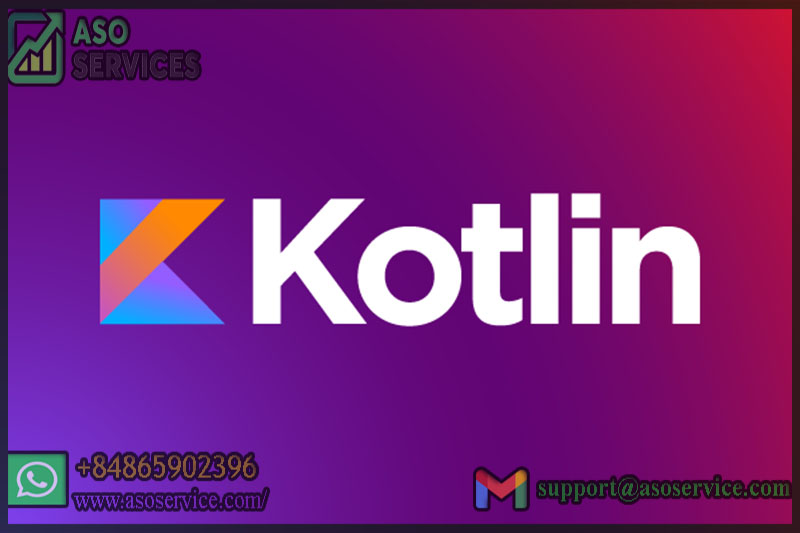
Introduction to Kotlin Programming, Source: Asoservice.com
Kotlin also supports functional programming concepts such as lambdas and higher-order functions, allowing developers to write code that is more modular and easier to test. The language also includes coroutines; which allow for asynchronous programming without the use of callbacks or complex threading code.
Overall, Kotlin is a versatile and powerful programming language that offers a wide range of features for both object-oriented and functional programming. It is quickly gaining popularity among developers and is becoming a popular alternative to Java for Android app reviews development.
2. Kotlin Basics
Kotlin is a modern programming language that is both concise and expressive. It is easy to learn and use, making it a great choice for beginners as well as experienced developers. Here are some of the basics of Kotlin:
Variables and Data Types:
Kotlin supports all the basic data types, such as numbers, characters, and strings. It also has a special data type called nullable; which can hold null values. Variables in Kotlin are declared using the val and var keywords; where value is used to declare a read-only variable and var is used to declare a variable that can be reassigned.
Control Flow Statements:
Kotlin supports all the basic control flow statements; such as if-else, when, for, and while. The when statement is a powerful alternative to the switch statement in Java.
Functions and Lambdas:
Functions are a fundamental concept in Kotlin. They can be defined outside of classes and can be passed as arguments or returned from other functions. Kotlin also supports lambdas, which are anonymous functions; that can be used to define code blocks that can be executed later.
Classes and Objects:
Kotlin is an object-oriented programming language, and it supports all the basic features of OOP, such as classes; objects, and inheritance. Kotlin also has some advanced features, such as data classes and sealed classes; which can make your code more concise and expressive.
Extensions:
Extensions allow you to add new functionality to existing classes without having to modify them. This is done by defining a function outside of the class and then calling it on an instance of the class using the dot notation.
Overall, Kotlin is a versatile and expressive language that is easy to learn and use. It offers a wide range of features that make it a great choice for both beginners and experienced developers.
3. Object-Oriented in Kotlin Programming
Object-oriented programming (OOP) is a programming paradigm that emphasizes the use of objects; classes, and interfaces to structure code and facilitate code reuse. Kotlin is a modern, statically-typed programming language that provides robust support for OOP.
In Kotlin, classes are used to define objects, which are instances of the class. Objects have properties, which represent their state, and methods, which represent their behavior. Inheritance is also supported in Kotlin; allowing for the creation of subclasses that inherit properties and methods from their parent classes.
Kotlin also supports interfaces, which define a contract for a set of properties and methods that a class must implement. This allows for greater flexibility in designing code; as classes can implement multiple interfaces and inherit from multiple parent classes.
Another important feature of OOP in Kotlin is encapsulation; which is the process of hiding the implementation details of a class from other classes. This is achieved through the use of access modifiers, such as public, private, and protected, which control the visibility of properties and methods.
Overall, OOP is a powerful and versatile programming paradigm, and Kotlin provides robust support for OOP concepts such as classes, objects, inheritance, interfaces, and encapsulation. These features allow developers to write clean, modular, and maintainable code, making Kotlin a great choice for building complex software systems.
4. Functional Programming in Kotlin
Functional programming (FP) is a programming paradigm that emphasizes the use of pure functions; immutable data, and higher-order functions. Kotlin, a modern programming language; provides robust support for functional programming. In this context, we will explore the FP features of Kotlin and how they can be used to write concise, expressive, and maintainable code.
In Kotlin, functions are first-class citizens; which means they can be assigned to variables, passed as arguments and returned as values from other functions. This is a key feature of FP, and it allows for the creation of higher-order functions; which are functions that take other functions as arguments.
Kotlin also supports lambda expressions, which are anonymous functions that can be used to define code blocks that can be executed later. This is useful for creating functions on the fly, and it can greatly simplify code.
Another important feature of FP in Kotlin is immutability. In FP, it is recommended to use immutable data structures; which cannot be modified after creation. This makes code safer and easier to reason about, as it eliminates the possibility of unexpected changes to data.
Overall, functional programming is a powerful paradigm that can help developers write more concise, expressive, and maintainable code. Kotlin provides robust support for functional programmingy. If you want to make a great choice for developers, you can refer by reading Google ratings.
5. Advanced Kotlin Programming Features
Kotlin is a versatile and powerful programming language that provides a wide range of advanced features. In this context, we will explore some of the more advanced features of Kotlin programming that can help developers write efficient, elegant, and maintainable code.
One of the advanced features of Kotlin is extension functions. Extension functions allow developers to extend the functionality of existing classes without the need for inheritance or modification of the original class. This feature can be especially useful when working with third-party libraries or when trying to keep code modular and maintainable.
Kotlin programming also provides support for coroutines, which are powerful concurrency tools that allow developers to write asynchronous code in a more natural and readable way. Coroutines can greatly simplify code that involves asynchronous operations, making it easier to reason about and debug.
Another advanced feature of Kotlin programming is operator overloading. Operator overloading allows developers to define custom behaviors for built-in operators such as +, -, *, /, and %, making it possible to create more expressive and intuitive code.
Overall, Kotlin's advanced features provide developers with a powerful toolset for writing efficient, elegant, and maintainable code. By leveraging these features, developers can create complex software systems that are easier to reason about, test, and maintain.
6. Using Kotlin for Android Development
Kotlin programming has become a popular choice for Android app development due to its modern syntax, enhanced features, and seamless compatibility with existing Java code. In this context, we will explore how Kotlin can be used for Android development and its benefits for mobile app development. You can read keyword app installs for more information.
One of the major benefits of using Kotlin for Android development is that it offers better code readability, conciseness, and less boilerplate code than Java. It also reduces the number of null pointer exceptions with its null-safety feature, which helps to improve app stability and reduce app crashes.
Kotlin programming is fully interoperable with Java, which means that Kotlin can use Java libraries and frameworks, and Java code can use Kotlin libraries and frameworks. This makes Kotlin an ideal choice for existing Android projects, as developers can gradually migrate their codebase to Kotlin without any disruptions to the app's functionality.
Overall, Kotlin is an excellent choice for Android app development. Its modern syntax, improved features, interoperability with Java, and excellent IDE support make it a popular and powerful tool for developing high-quality Android apps.
Conclusion
In conclusion, Kotlin programming is a versatile and powerful programming language that offers a range of advanced features and benefits, including improved code readability, conciseness, and seamless compatibility with Java. With its support for functional programming, coroutines, extension functions, and other advanced features, Kotlin provides a robust toolset for writing efficient, elegant, and maintainable code. By unlocking the power of Kotlin, developers can build high-quality software systems that are easier to reason about, test, and maintain.
Related posts
https://asoservice.com/google-reviews
https://asoservice.com/macos-app-reviews-ratings
Thanks so much for reading this article.
Source: https://asoservice.com/

























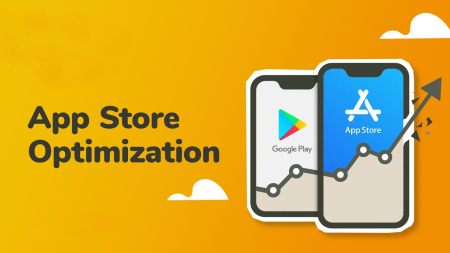
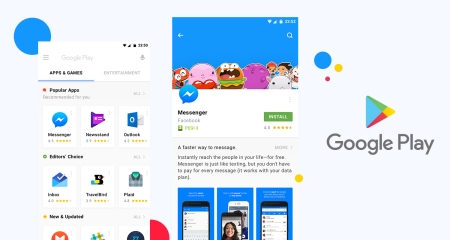
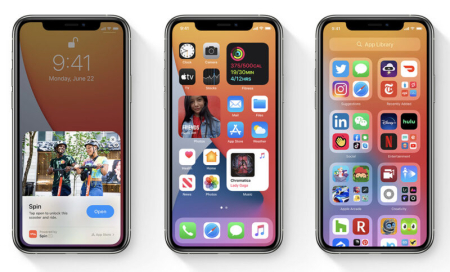




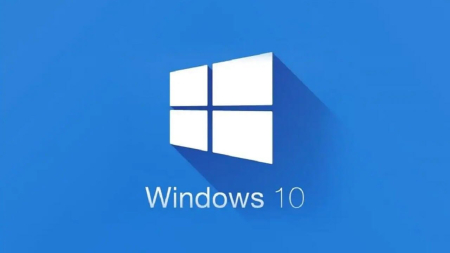
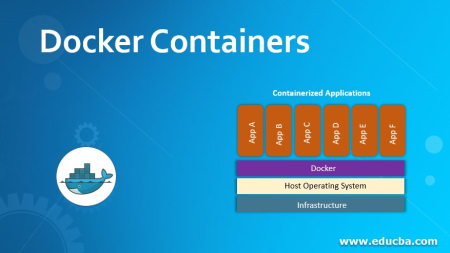


Leave a Reply
Your e-mail address will not be published. Required fields are marked *